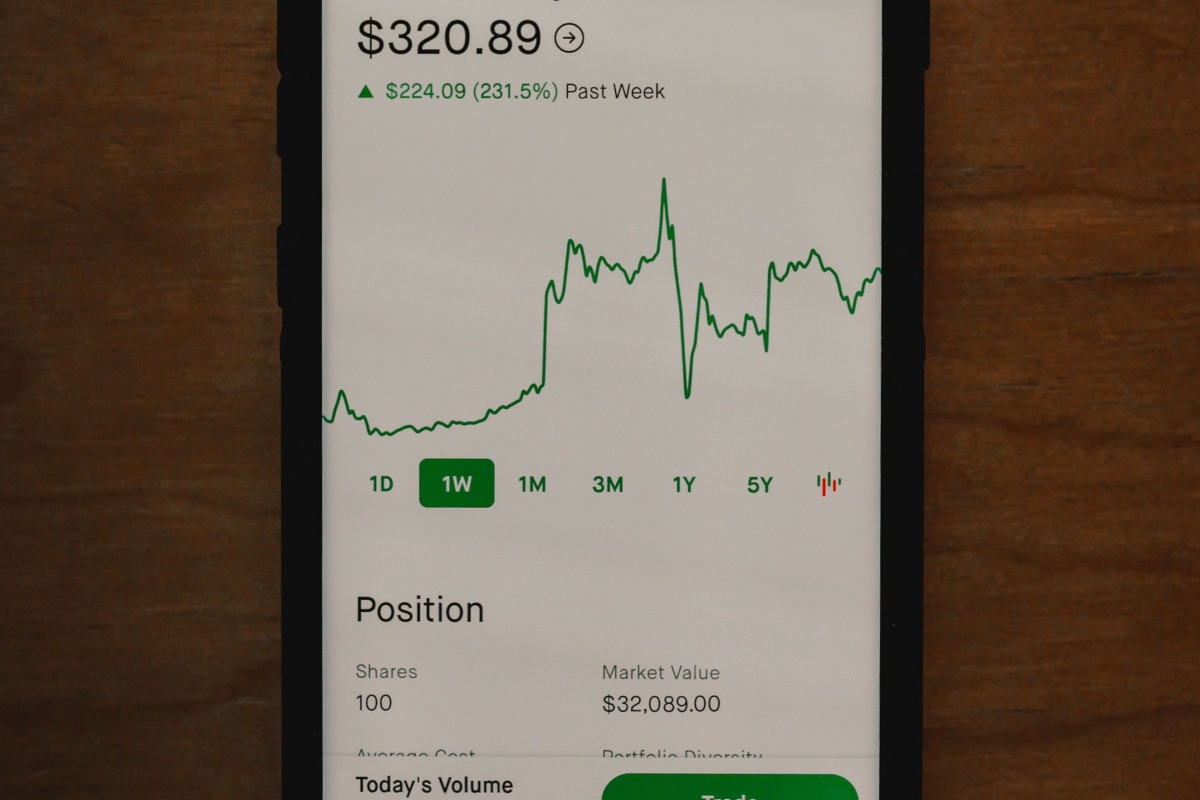Volatility Management: Using Futures to Navigate Dynamic Forex Markets

The Forex market is an exciting and challenging arena where currency values are in constant flux due to a range of factors, including economic data releases, geopolitical developments, and market sentiment.
These fluctuations can lead to profitable opportunities but also carry substantial risks. In this article, we’ll delve into the realm of volatility management in Forex trading and explore how futures contracts can serve as a valuable tool to navigate these dynamic waters.
Understanding the Volatility in Forex
Before we dive into the intricacies of employing futures for volatility management, let’s first grasp the concept of volatility within the Forex market. Volatility essentially refers to the extent of variation in the exchange rate of a currency pair over time. In highly volatile markets, exchange rates can swing rapidly and significantly, while in low-volatility markets, price movements are relatively stable.
Traders aim to capitalize on volatility by making well-timed buy and sell decisions. Nevertheless, excessive volatility can result in unexpected losses for traders who are unprepared. Therefore, having a robust volatility management strategy in place is crucial for Forex traders to mitigate risks and enhance their trading outcomes.
Techniques for Managing Volatility
Volatility management entails utilizing various techniques and instruments to control and mitigate the impact of market volatility on trading positions. Here are some commonly employed strategies:
Setting Stop-Loss Orders
Traders have the option to set predetermined price levels for exiting a trade if the market goes against their position. These designated levels, known as stop-loss orders, serve as protective mechanisms, constraining potential losses by triggering automatic position closures when certain criteria are fulfilled.
Using Take-Profit Orders
Just like stop-loss orders, take-profit orders provide traders with the ability to secure their gains by setting predetermined price points at which they intend to close a trade after it achieves a specific level of profit.
Diversification
Spreading one’s trading capital across various currency pairs and asset classes can help reduce overall risk exposure. Diversification stands as a fundamental strategy in volatility management.
Hedging and Utilizing Futures Contracts
Hedging involves initiating positions that counterbalance potential losses in other positions, effectively diminishing the overall level of risk. When it comes to futures contracts, they emerge as a particularly effective tool for managing volatility in Forex trading, offering unique advantages that other methods may not provide.
Leveraging Futures Contracts for Volatility Management
Futures contracts, widely utilized within the Forex market, are uniform contractual arrangements that entail the acquisition or disposal of a set quantity of a financial instrument at an agreed-upon price and date. These contracts offer a range of advantages for effectively managing volatility. But for that at first, you need to have a trusted broker such as futures trading with these Forex brokers.
Firstly, futures contracts allow traders to wield substantial positions with limited capital, leveraging the potential for gains while acknowledging the heightened risk. This provision enables traders to seize opportunities stemming from market volatility without an extensive initial investment.
Secondly, Forex futures contracts are versatile, serving both speculative and hedging purposes. Traders can use them to capitalize on their predictions, either purchasing a contract if they anticipate an appreciation or selling one if they foresee depreciation. Furthermore, futures contracts offer a mechanism to hedge existing Forex positions, mitigating the impact of unfavorable price movements.
Thirdly, futures contracts come with defined expiration dates, facilitating alignment with market expectations and investment horizons, whether short or long-term. Additionally, Forex futures markets offer high liquidity, ensuring ease of entry and exit even in turbulent times. ‘
They are also subject to regulatory oversight, enhancing security and transparency, and impose margin requirements to curb excessive losses, thereby functioning as a risk management tool.
A Practical Scenario
To illustrate how a Forex trader might employ futures contracts for volatility management, let’s consider a hypothetical scenario:
Imagine a trader is confident that the U.S. dollar (USD) will strengthen against the Euro (EUR) due to positive economic data releases in the United States. To capitalize on this view while managing volatility, the trader could take the following steps:
- Buying a USD/EUR Futures Contract: The trader purchases a USD/EUR futures contract, effectively locking in a future exchange rate. This contract allows them to profit if the USD strengthens as anticipated.
- Setting Stop-Loss and Take-Profit Orders: To manage volatility and protect against unexpected price swings, the trader sets stop-loss and take-profit orders on the futures contract.
- Monitoring Economic Events: The trader closely monitors economic events and news releases that could impact the USD/EUR exchange rate. Staying informed helps them make timely decisions.
- Adjusting the Position: If the trader’s view changes or market conditions become more volatile than expected, they can adapt their position by either closing the futures contract or opening additional positions to hedge against potential losses in their other Forex trades.
Mastering Forex Volatility: Harnessing the Power of Futures Contracts
In the exhilarating world of Forex trading, volatility management stands as a critical component for achieving long-term success. By incorporating futures contracts into their trading strategies, traders can effectively navigate the market’s ups and downs, seize opportunities, and safeguard against significant losses.
Nevertheless, it’s vital to approach futures trading with a deep understanding of the associated risks and a well-structured strategy. Like any other financial instrument, futures contracts can lead to substantial gains and losses.
Hence, prudent planning and effective risk management are paramount. By integrating futures contracts into their trading arsenal, Forex traders can bolster their ability to thrive in the ever-evolving currency markets.


























Comments (0 comment(s))